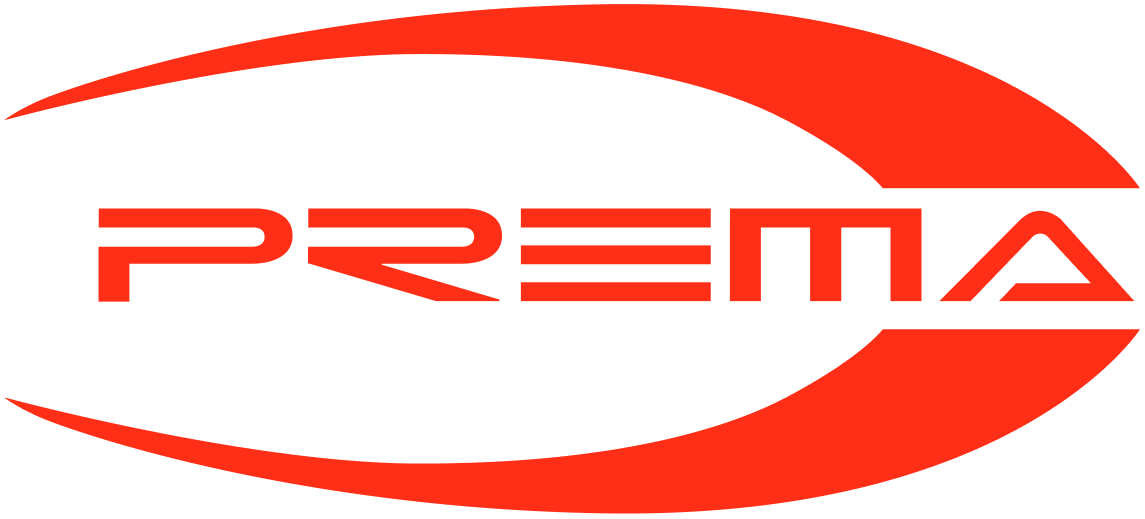Though air compressors are exceptionally versatile, supremely useful, and functionally essential to industries from automotive to pharmaceuticals, they are only as valuable as they are safe.
Safe operating and maintenance procedures not only ensure worker safety, but also protect equipment, reduce downtime, increase productivity, and lower long-term operating and capital costs.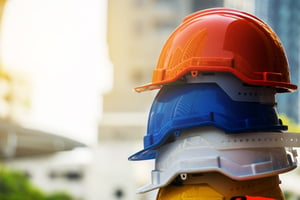 Read our guide below to make sure your organization is following best practices and getting the most out of its compressed air systems.
Read our guide below to make sure your organization is following best practices and getting the most out of its compressed air systems.
Air compressors are powerful tools. When used incorrectly, they have the potential to cause serious damage to both workers and equipment. Overheated components can cause contact burns, while damaged or broken air hoses can result in serious bodily injury. Pressurized air can rupture the skin or even internal organs if directed at the body. And burst pressure tanks are liable to result in serious damage.
No amount of time and resources directed at injury prevention and equipment maintenance can ever exceed the costs incurred by serious safety incidents. Prudence demands the implementation of safe operating procedures for any and all compressed air applications.
First and foremost, it’s important to thoroughly read and understand the owner’s manual for your compressed air system before using it. On-site training should be provided to all workers who will be using the equipment, and follow-up sessions scheduled as needed to make sure everyone’s up to date on safety procedures. Workers should always wear appropriate protective equipment, including safety glasses or face shields along with adequate ear protection.
Air compressors should be kept in a clearly visible area, with air tanks positioned out in the open for easy inspection. Instructions for equipment use should be clearly displayed on the air system itself. The air intake should have access to a fresh air source; if you’re operating indoors, you can increase air circulation with fans or other devices.
Electrical wires should be clean, unobstructed, and inspected for damage before the machine is turned on. Ensure that your machine is properly grounded, since improperly grounded machines can cause damage to electrical circuits, resulting in electrocution or fire.
When using an air hose with a blowgun, ensure that the nozzle is pointed in a safe direction, and that the trigger is not engaged. Air nozzles or air tools should never be pointed at the face or body. Hair and clothing should be properly secured and kept away from tools at all times.
Make sure that a shutoff valve is always within reach of operators. If anything goes wrong during operation, immediately cut off the air supply using the shutoff valve and address the issue before restarting the equipment.
Intake air usually contains pollutants and carbon monoxide, and should never be inhaled without the proper filtration and monitoring equipment. Pressure gauges should be monitored regularly to ensure that the maximum working pressure of the air receiver is never exceeded.
Air hoses require particular attention, as damaged or broken hoses constitute significant safety hazards. Hose whipping, which occurs when a pressurized air hose breaks or pulls free from a fitting, can result in significant damage.
Whip-inhibiting devices should be placed along the coupling of a hose to avert this particular risk. Use standard or high-flow hose fittings instead of third-party ones, and regularly check to make certain they’re well-secured. In addition to being a major safety hazard, loose or small bore fittings can hinder the performance of your air tools or the machine.
All hoses and fittings should have a maximum pressure rating at or above that of the air compressor itself, as using hoses with inadequate pressure ratings could cause them to break during operation. Hoses should be visibly labelled with the max pressure rating to ensure compliance at all times.
Hoses should be kept clean of grease, oil, dirt and debris, as this will lengthen the life of the entire system. Hoses should be kept organized, out of the way of walkways, and should never be bent or kinked, during or after operation.
Safe air compressor operating procedures should be followed during maintenance as well. Regular servicing and maintenance from your local authorized dealer is the best way to ensure your equipment is in proper working order. Your distributor can also ensure that the equipment is in compliance with local, state or insurance regulations. Pressure-regulating equipment should never be changed, replaced, or adjusted by anyone other than trained personnel. These devices should be installed so that they cannot be removed or rendered inactive during operation.
When performing an inspection, shut off the source of air, bleed the air pressure, and disengage the air hose. Oil or fuel should only be changed or added when the machine is off, and after it has adequately cooled. If you remove a tool from the compressed air system, the tool should always be isolated from the compressed air and should be fully depressurized first.
Air tanks rust over time from the inside-out due to high humidity and the presence of condensate. The tend to rust out near the bottom where the condensate collects. Rust eats away at the metal leaving it thinner and less capable of handling pressure. A rusted tank is very dangerous as it increases the likelihood that the integrity of the vessel cannot withstand the pressure and may burst causing major damage to personnel and/or the facility. If you suspect your tank poses reason for concern, bleed the tank of air, and have an authorized dealer determine examine it so they can recommend the proper course of action.
Safety starts with having the right equipment. Reliable, dependable equipment reduces the risk of accidents and maintenance downtime. And Mattei equipment is the most reliable on the market. Your local Mattei distributor can help you make sure that your air compressor system is in healthy working order, and advise your organization on best practices and safe operating procedures.

Mattei offers a wide range of vane compressor models that perfectly meet the specific needs of the transport industry.

The reliability of Mattei compressors, the high quality standards of the delivered compressed air and the compliance with the industry regulations, make them ideal to be used in the healthcare and pharmaceutical industry.

Reduced operating costs, environmental sustainability and extreme purity of the air supplied make Mattei compressors suitable for all processes in the food industry.
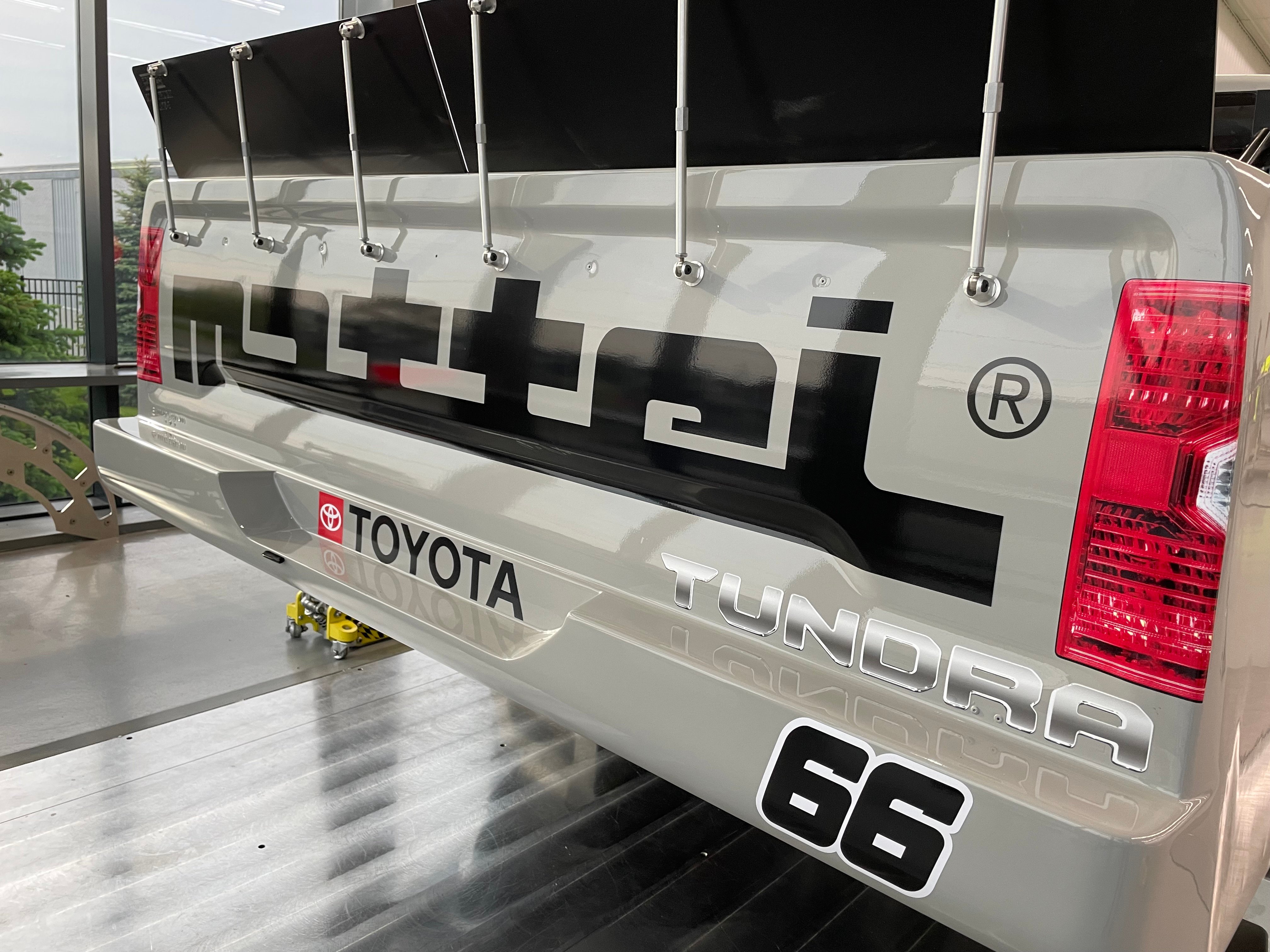
Good luck ThorSport Racing. Waiting to watch the racing!
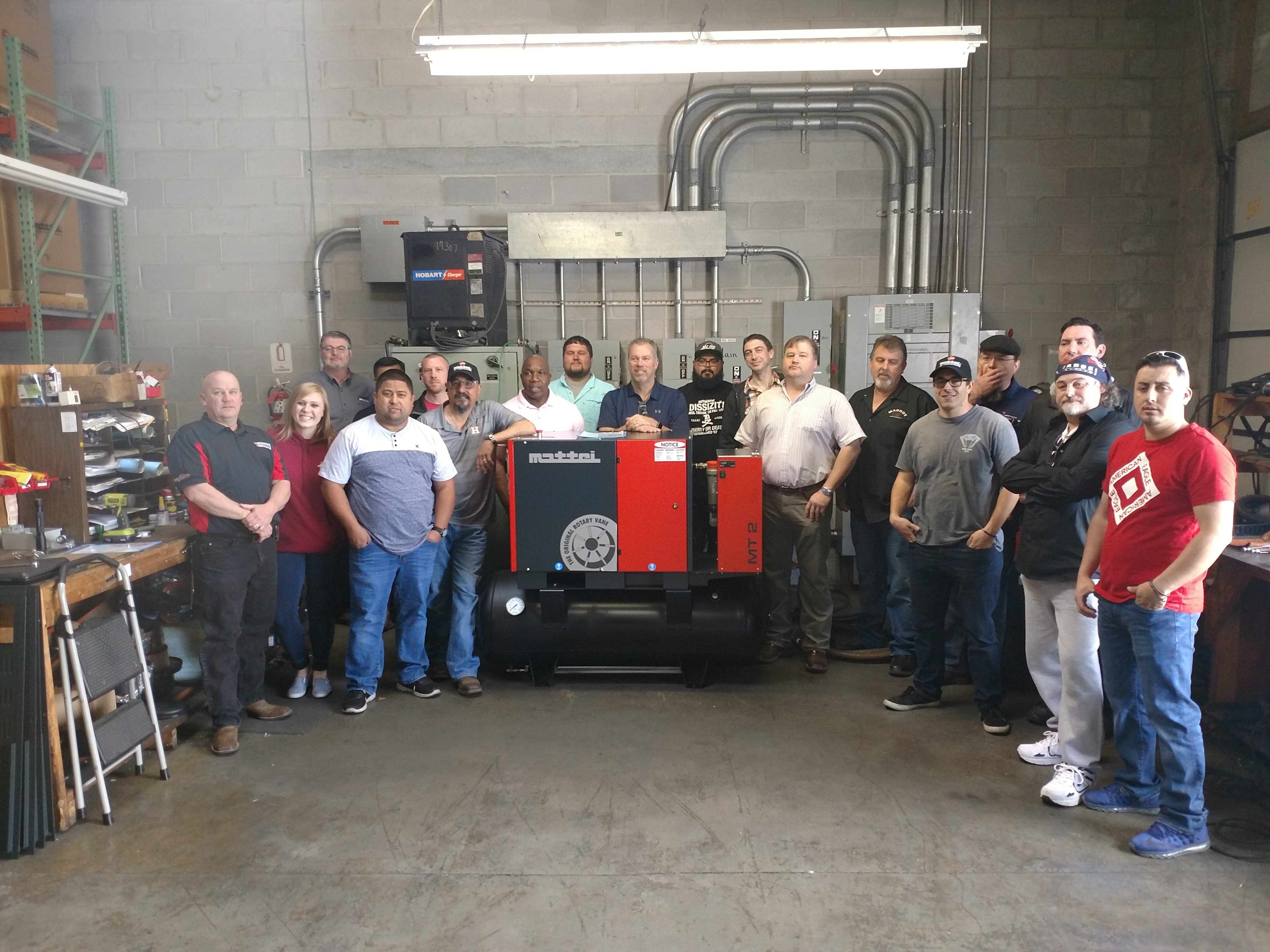
We recently held our Spring 2018 Service School for distributors. The school graduated 17 participants from both the sales and service sides.

Today, Mattei Compressors, Inc., announced the recipients of its 2017 Distributor Awards. These distributors went above and beyond to provide high-quality service to Mattei customers over the past year.
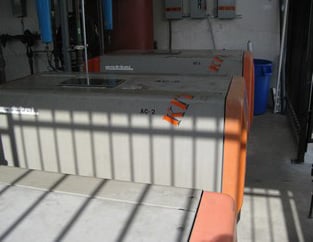
Helix Medical, LLC is widely regarded as a premier supplier of biocompatible silicone medical devices and components to the medical device, pharmaceutical and biotech industries.
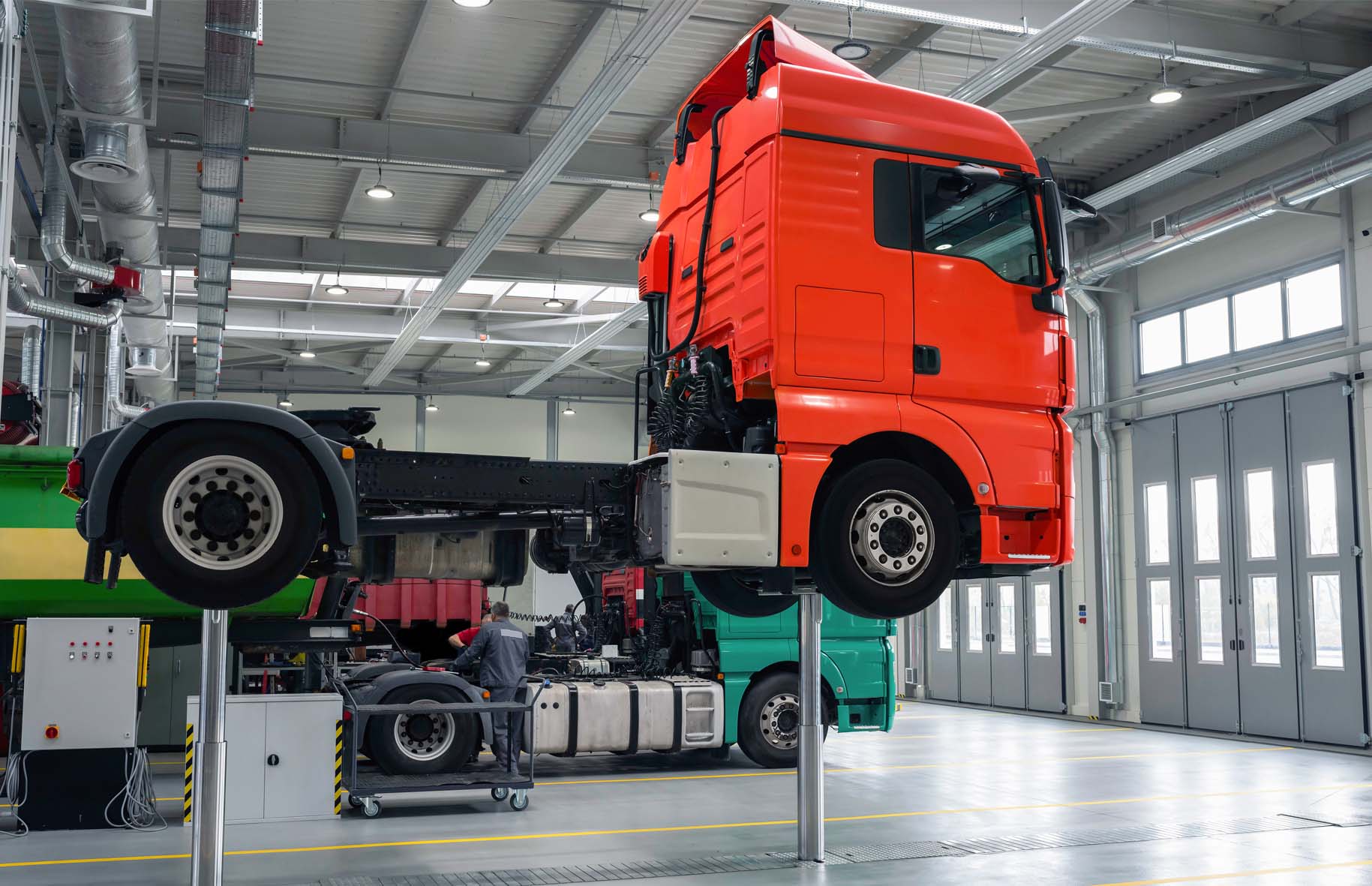
John Baker Sales, a Mattei distributor located in Colorado, worked very closely with Transwest to ascertain the company’s needs prior to making a product recommendation.

